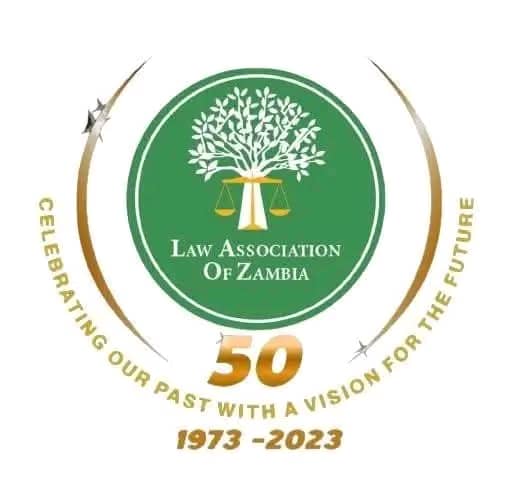LAZ Declares Bill 7 Unconstitutional, Calls for People-Driven Reform
The Law Association of Zambia (LAZ) has declared Constitution Amendment Bill No. 7 of 2025 a nullity, following a landmark Constitutional Court judgment in the case of Munir Zulu and Celestine Mukandila v. Attorney General (2025/CCZ/009). The ruling, delivered on 27th June 2025, found that the government’s initiation of constitutional amendments without prior wide public consultation violated several key provisions of the Constitution.
In a detailed press statement released today, LAZ affirmed that the Constitutional Court emphasized the primacy of the people in the constitution-making process, ruling that amendments must stem from the citizens and not solely from government actors. Specifically, the Court cited violations of Articles 1, 2, 5, 7, 8, 9, 61, 90, 91, and 92 of the Constitution, as amended by Act No. 2 of 2016.
The Court further instructed the government to replicate or model future constitutional reform efforts on the precedent set by the 2011–2014 Technical Committee on Drafting the Zambian Constitution. This, the Court noted, would ensure that any reform process is broad-based, participatory, and legitimate.
“The people are the owners of the decision to amend the Constitution. The Executive and Legislature are merely agents, not principals, and must act on behalf of the people,” LAZ stated, echoing the Court’s ruling.
Bill No. 7 of 2025, though currently deferred in Parliament, was initiated without the mandatory consultative process, and therefore lacks constitutional legitimacy. LAZ has urged the government to halt any further attempts to proceed with the Bill, stating that it cannot legally form the basis for future constitutional reforms.
LAZ President Lungisani Zulu stressed that no reform to the supreme law of the land should be undertaken until after the 2026 general elections, and only following an independent, people-driven process with adequate time, consensus, and resources.
“Any future constitutional amendments must not only be consultative and inclusive but also consider the financial implications on the national budget amidst Zambia’s current fiscal constraints,” LAZ cautioned.
The Association reaffirmed its commitment to upholding democracy, constitutionalism, and the rule of law, as mandated under Section 4 of the Law Association of Zambia Act, Chapter 31 of the Laws of Zambia.



